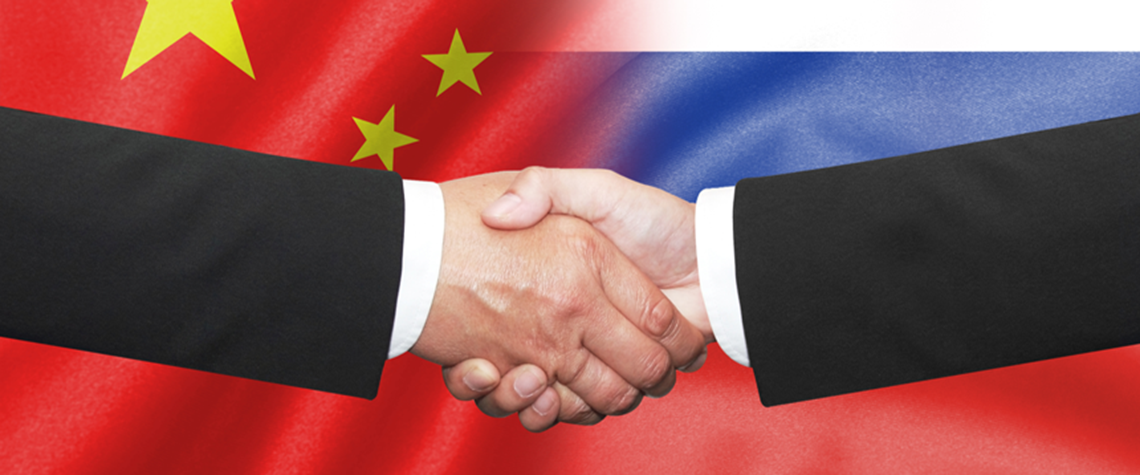Russian aggression boosts China’s bargaining power
With the Putin administration hard-pressed by Western sanctions, Beijing may look to take advantage
The world looked very different when Russian president Vladimir Putin and Chinese president Xi Jinping announced a grand new alliance between their countries at the start of the Winter Olympics in China in early February, touting it as a “no limits” partnership superior to Nato and other Cold War-era alliances. The former’s apparent miscalculation over the strength of reaction by Ukraine’s allies to his illegal invasion has handed the latter the upper hand in their new relationship. “The war in Ukraine has shifted the Russian-Chinese energy balance in China’s favour,” says Jan Kalicki, an energy security expert at the Wilson Center, a Washington-based thinktank. “The Kremlin must depend much

Also in this section
17 February 2026
The 25th WPC Energy Congress, taking place in Riyadh, Saudi Arabia from 26–30 April 2026, will bring together leaders from the political, industrial, financial and technology sectors under the unifying theme “Pathways to an Energy Future for All”
17 February 2026
Siemens Energy has been active in the Kingdom for nearly a century, evolving over that time from a project-based foreign supplier to a locally operating multi-national company with its own domestic supply chain and workforce
17 February 2026
Eni’s chief operating officer for global natural resources, Guido Brusco, takes stock of the company’s key achievements over the past year, and what differentiates its strategy from those of its peers in the LNG sector and beyond
16 February 2026
As the third wave of global LNG arrives, Wood Mackenzie’s director for Europe gas and LNG, Tom Marzec-Manser, discusses with Petroleum Economist the outlook for Europe’s gas market in 2026







